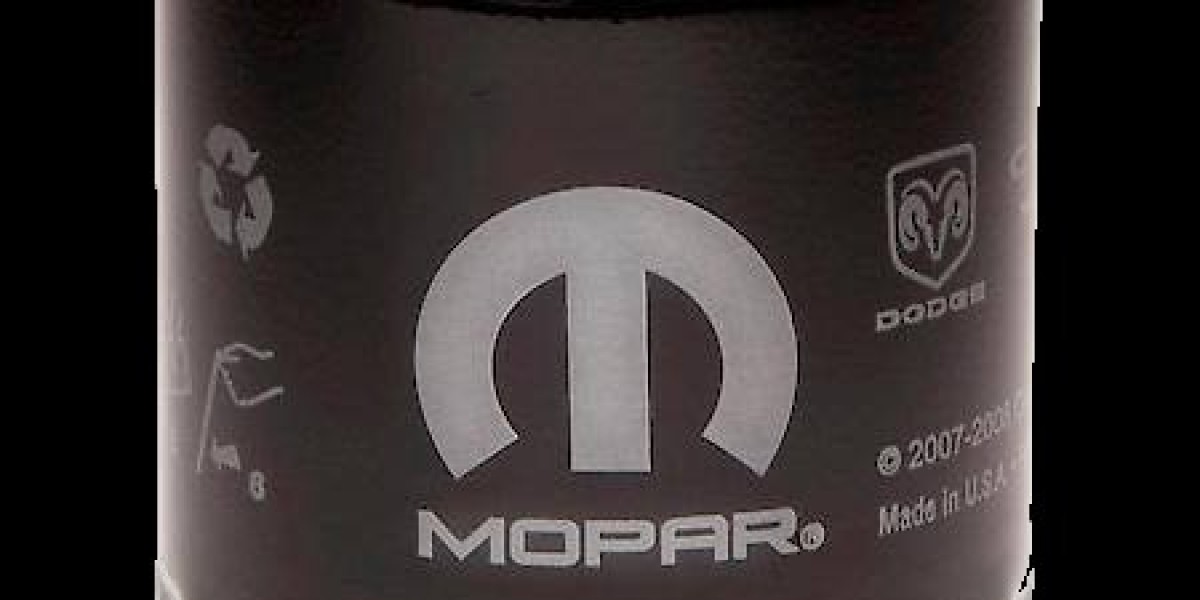Introduction
Diesel engines are renowned for their efficiency and durability. However, maintaining their peak performance requires regular upkeep, especially of the diesel filters. These filters play a crucial role in ensuring your vehicle runs smoothly by preventing contaminants from entering the engine. This guide delves into the importance of diesel filters, their types, and maintenance tips to keep your engine in top shape.
Why Diesel Filters Matter
Diesel filters are essential for trapping impurities such as dirt, water, and rust particles. Without these filters, contaminants can cause significant damage to the engine, leading to costly repairs. A clean diesel filter ensures the engine runs efficiently, prolongs its lifespan, and reduces harmful emissions.
Types of Diesel Filters
Primary Diesel Filters
Primary diesel filters are the first line of defense against contaminants. They are usually located between the fuel tank and the engine. These filters trap larger particles and water, protecting the engine's more sensitive components.
Secondary Diesel Filters
Secondary diesel filters provide an additional layer of protection. They are placed closer to the engine and are designed to capture smaller particles that the primary filter might miss. Together, these filters ensure that the fuel entering the engine is as clean as possible.
Signs Your Diesel Filter Needs Replacement
Decreased Engine Performance
One of the first signs of a clogged diesel filter is a noticeable drop in engine performance. The vehicle may struggle to accelerate or maintain speed, indicating that the engine isn't receiving enough clean fuel.
Difficulty Starting the Engine
If your engine has trouble starting, it could be due to a blocked diesel filter. Contaminants can restrict fuel flow, making it difficult for the engine to ignite.
Increased Exhaust Smoke
Excessive smoke from the exhaust is another indicator of a dirty diesel filter. When the engine doesn't get clean fuel, it burns inefficiently, producing more smoke and increasing emissions.
How to Maintain Your Diesel Filter
Regular Inspections
Regularly inspect your diesel filters for signs of wear and tear. Look for cracks, leaks, or discoloration, which can indicate that the filter is no longer effective.
Scheduled Replacements
Follow the manufacturer's recommendations for filter replacement intervals. Generally, it's advisable to replace diesel filters every 10,000 to 15,000 miles, but this can vary based on driving conditions and vehicle usage.
Use Quality Fuel
Using high-quality diesel fuel can reduce the amount of contaminants entering your engine. Premium fuels often contain additives that help keep your fuel system clean.
Conclusion
Diesel filters are a critical component of your vehicle's engine. They ensure that the fuel is clean and free from harmful particles, which helps maintain engine performance and longevity. By understanding the types of diesel filters, recognizing the signs of a clogged filter, and following proper maintenance practices, you can keep your diesel engine running smoothly and efficiently.
Maintaining your diesel filters is not just about enhancing performance; it's about protecting your investment. Regular inspections and timely replacements will save you from costly repairs and ensure your vehicle operates at its best. Keep your diesel engine healthy, and it will serve you reliably for years to come.






